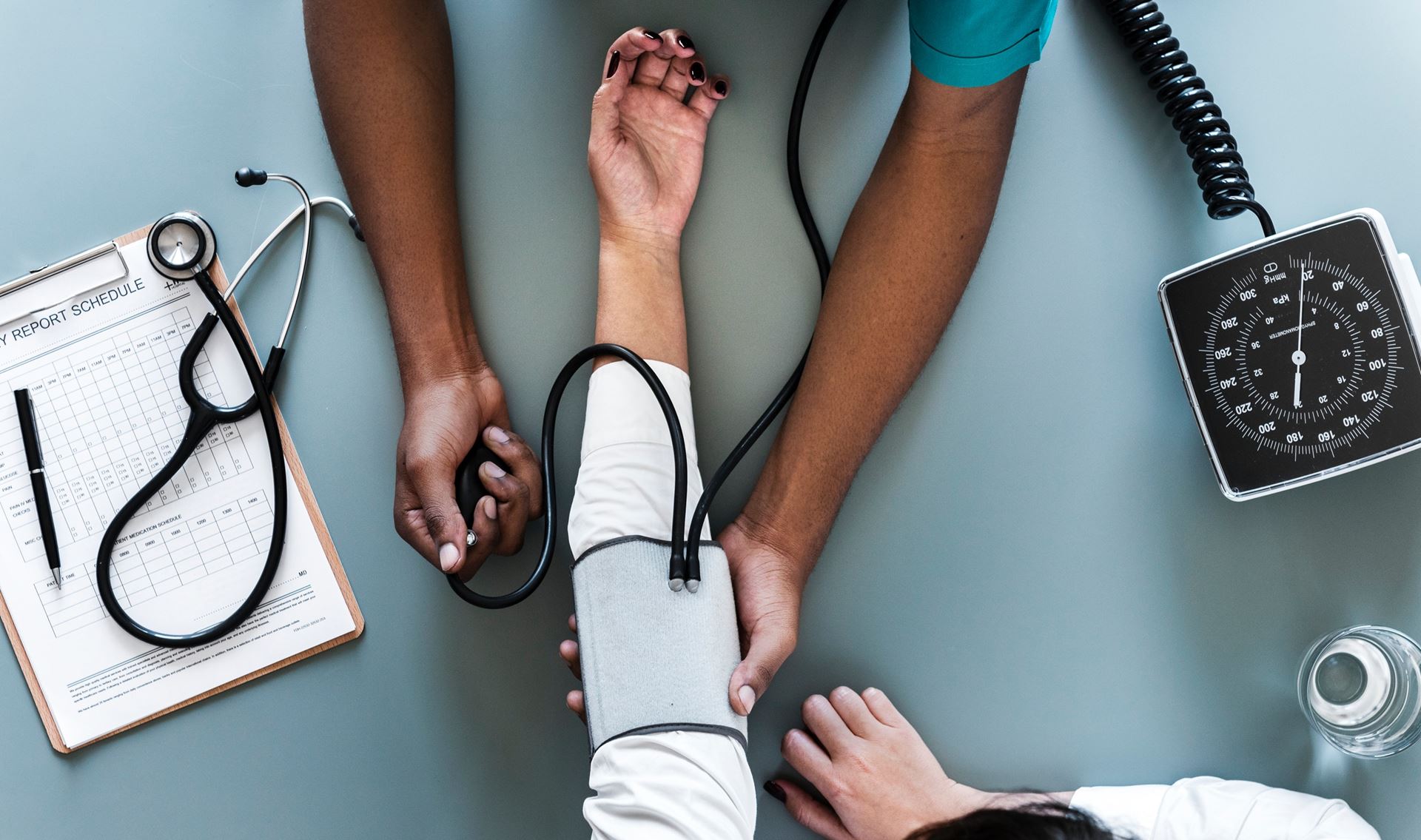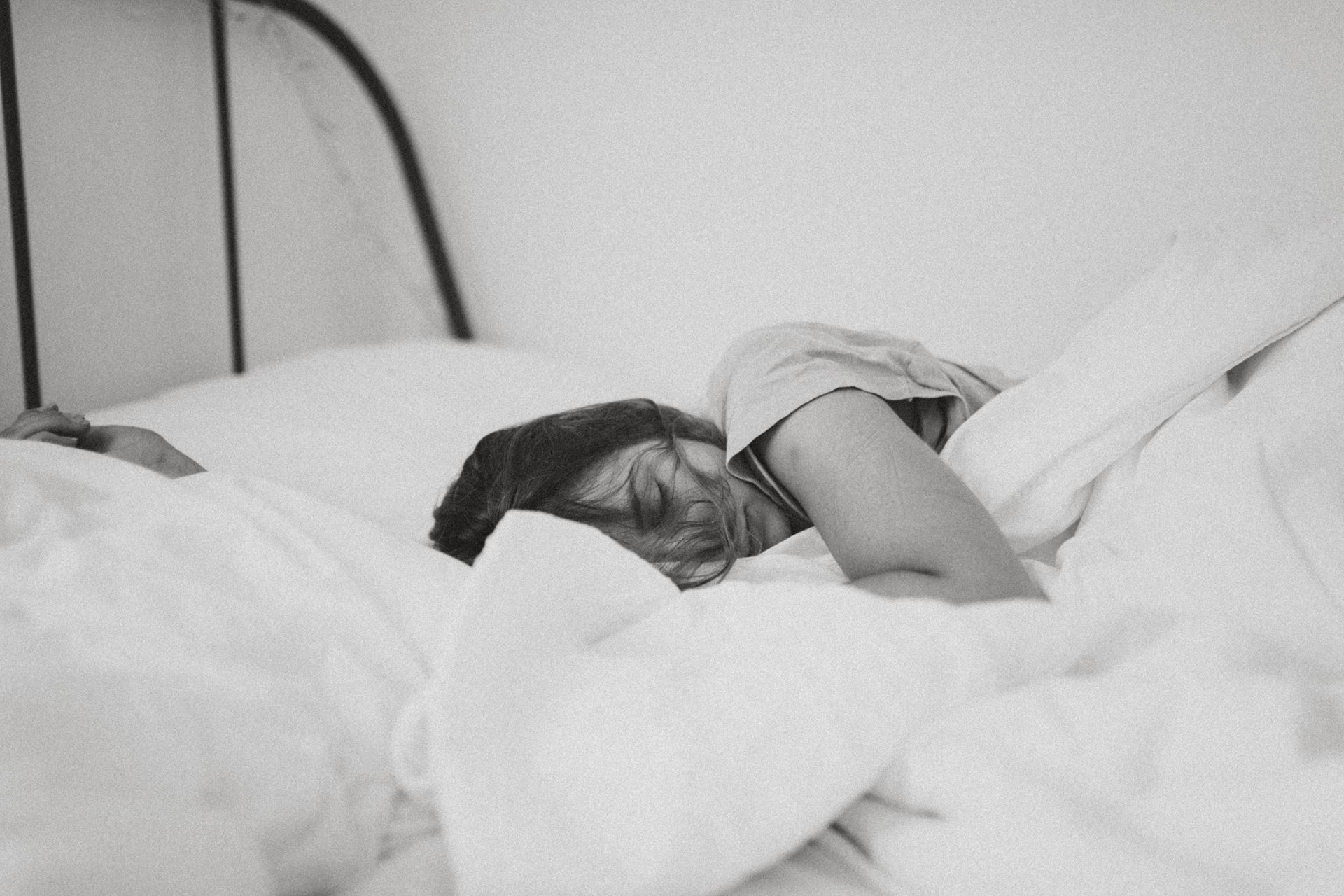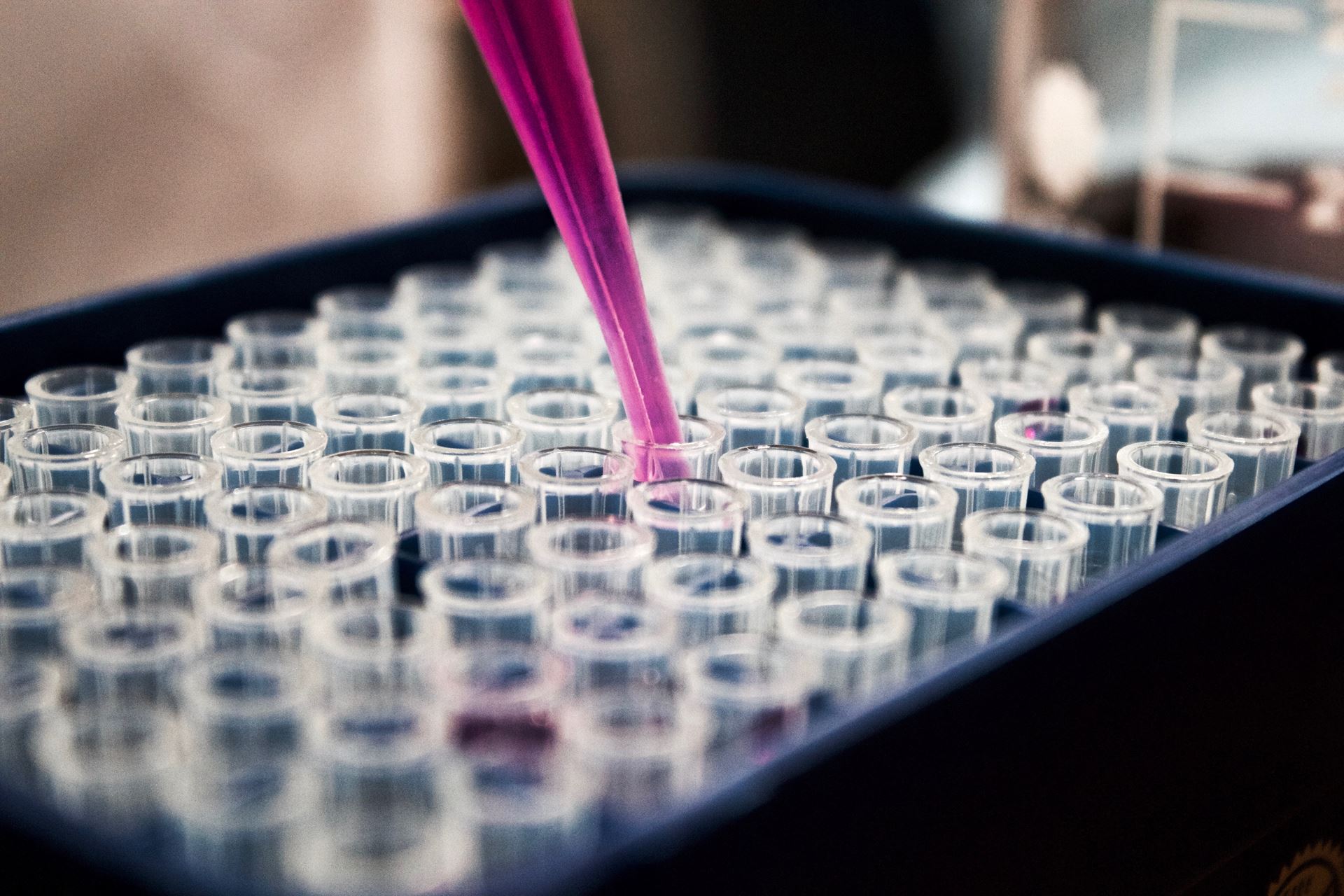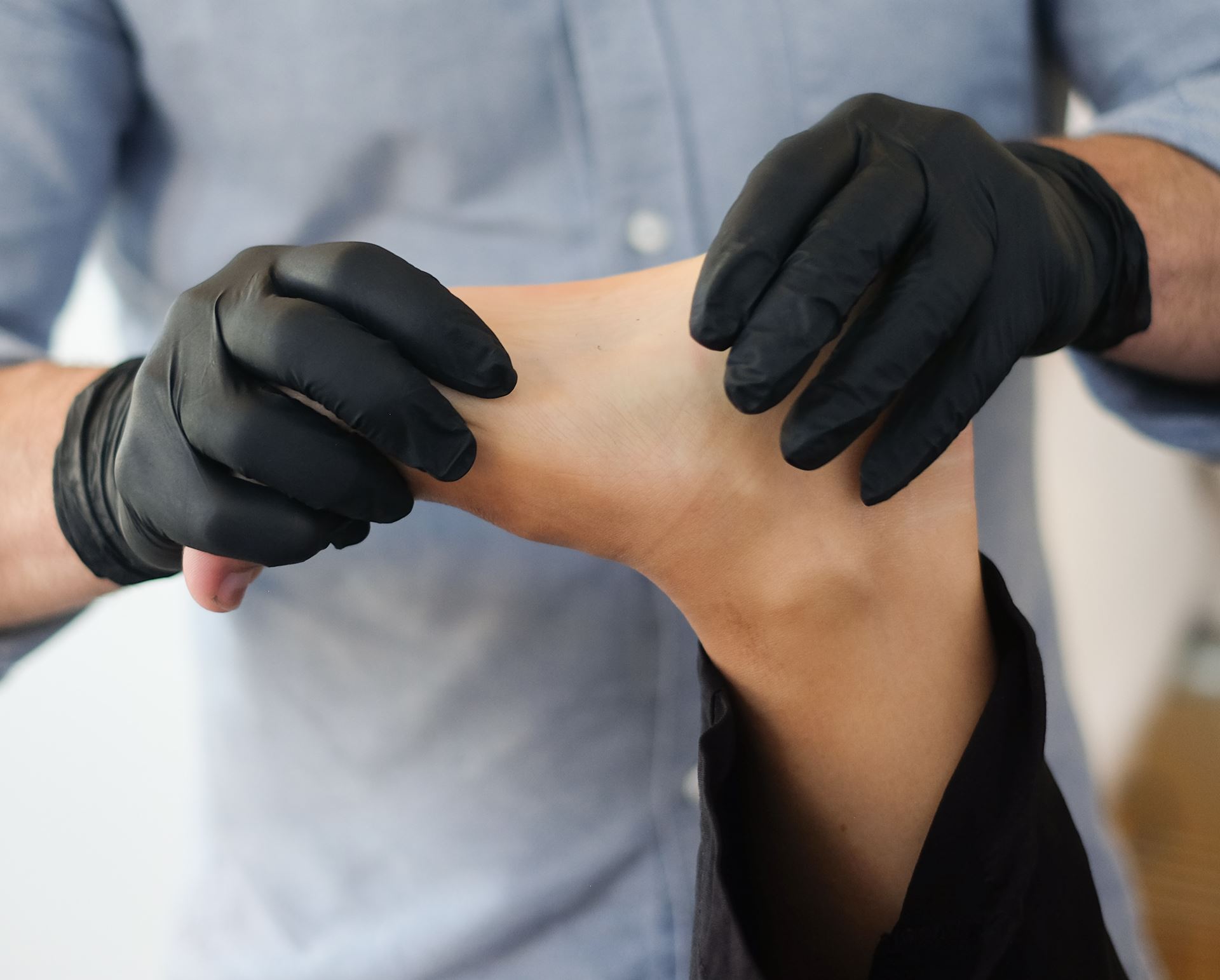Services
NHS Breast & Bowel Services
NHS Breast and Bowel Services
NHS Breast Screening
NHS breast screening checks use x-rays to look for cancers that are too small to see or feel. All women aged 50 up to their 70th birthday are invited for breast screening every three years. The NHS Breast Screening Service send out first invitations some time between 50th and 53rd birthdays.
If you are 71 years and over you remain at risk of breast cancer but will not receive invitations after your 71st birthday. However, you may still request a screening every 3 years by contacting your local breast screening unit - details of which can be obtained by clicking the Find Breast Screening Services button below. Further information on breast screening can be found online by clicking the other links below.
More information to do with Breast Screening and it's benefits can be found here: https://www.cancerresearchuk.org/about-cancer/breast-cancer/getting-diagnosed/screening-breast
To help find the nearest service to you use the link https://www.nhs.uk/service-search/other-health-services/breast-screening-services
https://www.nhs.uk/conditions/breast-screening-mammogram/
NHS Bowel Screening
General Information about the NHS Bowel Screening National Service
King’s Bowel Cancer Screening Centre is part of the national cancer screening programme. If you’re aged between 54 and 74, and registered with a GP, you are sent a FIT (Faecal Immunochemical Test) kit every 2 years. If you’re over 74, you can request a kit (see ‘How to get a screening kit’ below).
How to get a screening kit
If you are aged between 54 and 74 and registered with a GP, you should receive a kit automatically every 2 years. If you have lost or misplaced your kit the free bowel cancer screening helpline on 0800 707 60 60 to request a new one.
The FIT kit looks for tiny traces of blood in your poo which could be a sign of cancer.
About bowel cancer
Bowel cancer, also known as colorectal cancer, is a general term for cancer that begins in the large bowel. Depending on where it starts, bowel cancer is sometimes called colon or rectal cancer. Visit the NHS website for more information: https://www.nhs.uk/conditions/bowel-cancer/
Symptoms of bowel cancer include:
- bleeding from the bottom or blood in poo
- a change in normal bowel habit, such as looser poos or constipation
- a lump in the stomach
- a feeling of needing to strain the bottom even after pooing
- losing weight
- pain in the tummy (abdomen) or bottom
- tiredness or breathlessness caused by anaemia
If you present with these symptoms then speak to your GP immediately.
Results
Your results should be posted to you within two weeks of sending off your kit. If your results are negative, your GP will be informed and you will be sent a new test kit in two years.
If your results are positive, it doesn’t necessarily mean bowel cancer. It is usually haemorrhoids, but further investigation is needed to check. You will be invited to the hospital for a full bowel investigation, usually a colonoscopy.









